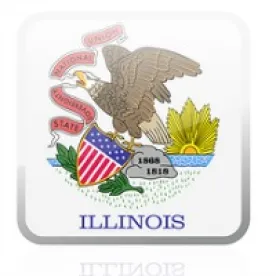Recently, Jennifer Cerven wrote on Currents about a new Illinois law that prohibits noncompete agreements for low wage workers, i.e. those making less than $13/hour. There has been heightened dialogue about such restrictions since the publicity surrounding the Jimmy John’s noncompete requirement for some of its sandwich makers. I have suggested here before that most courts I know would be discinlined to enforce a noncompete with such an employee anyway, though as one parent of a summer camp counselor appropriately pointed out to me after that post, such noncompetes can still have a chilling effect on job mobility. So, we seem to be in a period where this issue is receiving greater legislative attention.
As noted numerous times here before, state laws vary with respect to noncompetes on two critical issues:
-
If a court finds a noncompete to be overly broad, will it rewrite it, “blue pencil” it, or just throw it out?
-
What consideration is required in a particular state in order to support a noncompete? For example, will a noncompete signed by a long-term employee who receives nothing of value other than the right to come to work the next day be enforceable?
The answers vary by state, so the question of which state’s laws apply is what determines the outcome of a noncompete dispute.
Most business readers will not be affected by a statute that prohibits the use of noncompetes with near-minimum-wage workers. However, while Massachusetts (again) did not pass noncompete-restricting legislation in 2016, a compromise bill passed by one house of its legislature had some interesting provisions. Other than where the employee had engaged in bad acts, a noncompete would be limited to 12 months in duration. Noncompetes would be prohibited for non-exempt workers, employees terminated without cause, minors, and undergraduate or student interns – a far broader limitation than that passed in Illinois. A noncompete would also have to notify the employee of the right to consult with counsel and be provided at least 10 business days before employment.
Given the interest in these subjects, it seems that restrictions like that passed in Illinois or that came close in Massachusetts will continue to be proposed in state legislatures, further underscoring the need for employers to stay abreast of developments in many states because, if your contract specifies a particular state’s law, you could still find yourself litigating in another state and that state may not observe your choice of law. We will keep you posted.




 />i
/>i
